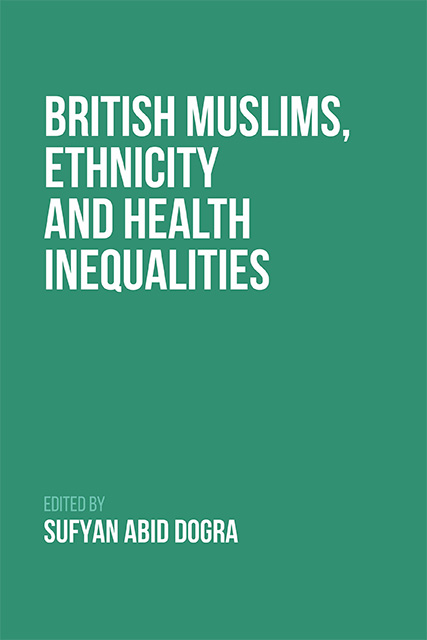12 - Addressing Mental Health through Islamic Counselling: A Faith-Based Therapeutic Intervention
Published online by Cambridge University Press: 18 October 2023
Summary
Understanding the Relationships of Faith, Experience and Mental Health in UK Muslim Communities
Little emphasis is placed on mental health in comparison with physical health, concerning health provision in general and specifically regarding the wellbeing of Muslim communities. For this reason, there is a need to highlight concerns about Muslim mental health for Muslim communities themselves, as well as for policy makers, commissioners and service providers. Globally, 1.8 billion people are Muslim and so share the belief system that is Islam through which they interpret their experience of self and reality. This chapter presents some of the key issues around common mental health conditions and the experience of them by Muslims. In doing so there is a need to draw attention to the inequalities experienced by Muslims in the context of the present lack of equality of appropriate provision in mental healthcare.
Faith or religion is not a common point to start from in considering mental wellbeing or the impact of variables that concern it. In itself, faith or religion is not necessarily considered as a critical factor in understanding mental health as our social, as opposed to biological, conceptions are generally based in cultural contexts (WHO and Calouste Gulbenkian Foundation 2014). As the social determinants of mental health are primarily understood within cultural paradigms which are often reduced to ethnicity, much of the thinking in the UK about social policy and service provision is implicitly secular. For this reason, let us start by understanding religion as ‘a social identity that is grounded in a system of guiding beliefs, and may serve as a powerful tool to shape psychological and social processes’ (Ysseldyk et al. 2010).
Research has shown that in and of itself, religion contributes to the experience of greater positive and fewer negative emotions for the people who believe in it (Kim-Prieto and Diener 2009). However, despite a significant amount of data gathered generally about the relationship between faith and mental health, much of this concerns Christianity (Cornah 2006). Christianity has a long historical impact on Western thinking and is fundamentally linked to Aristotelian epistemology in the development of the sciences.
- Type
- Chapter
- Information
- British Muslims, Ethnicity and Health Inequalities , pp. 256 - 286Publisher: Edinburgh University PressPrint publication year: 2023



